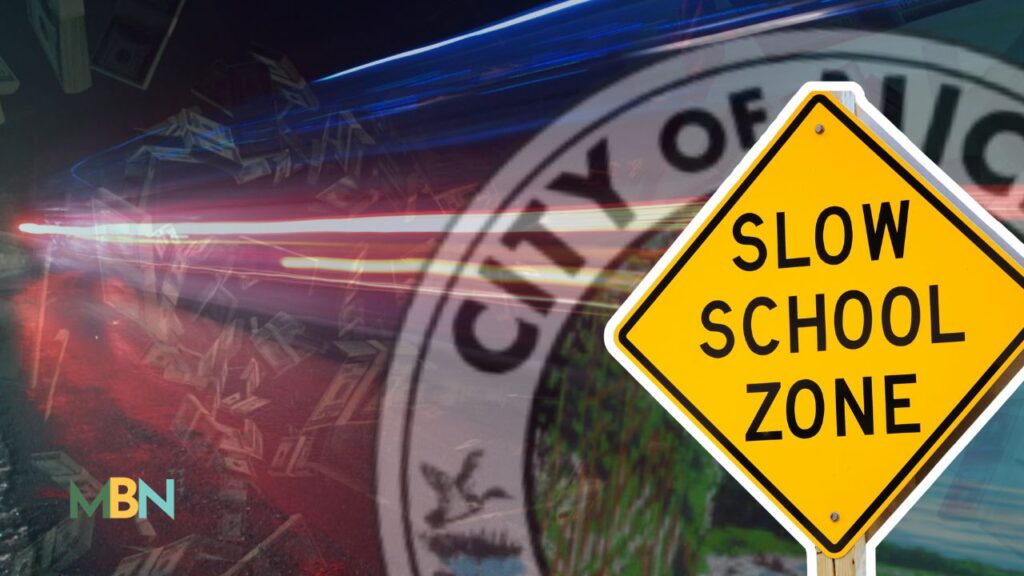s

🚨 Nearly 1,000 drivers were ticketed by new speed cameras near Niceville schools within six weeks of activation.
💵 At $100 per ticket, the system generated $95,500 in total fines, with $57,300 going to the City of Niceville.
👮♂️ Officials say the goal is long-term behavior change to improve student safety, not revenue generation.
Those speed cameras near Ruckel Middle School and Niceville High School may get a two-month break for the summer – but, in the eyes of Niceville’s coffers, they’ve probably earned it.
The City of Niceville installed the cameras earlier this year and started issuing tickets in April.
Between April and May, the cameras caught 955 speeders breaking the law by driving more than 10 miles over the speed limit in school zones while the lights were flashing.
Speeders caught by the cameras on Palm were, on average, going 29 miles per hour – or 14 miles over the speed limit.
Speeders caught by the cameras on Partin were, on average, 16 miles over the limit at 36 miles per hour.
Each ticket is $100 – which means a pretty penny for the conglomerate of revenue recipients. In total, the cameras have raised $95,500 in a month and a half.
So here’s the breakdown of where the $100 from each ticket goes once it’s paid according to Florida State Statute.
So, for the last month and a half, Niceville has received $57,300 from traffic camera speeding tickets.
According to David Deitch, the city manager for Niceville, the traffic cameras operate for three hours a day on school days and are not in use during the summer.
City Councilman Doug Tolbert wanted to ensure that the cameras were synced up with the flashing traffic lights that warned motorists about the school zone. Deitsch said that they had made sure that they were.
Should the traffic cameras continue to issue tickets at this rate, Niceville can expect about $1 million in gross revenues from the cameras, of which roughly 600,000 would go back to the city of Niceville coffers.
Niceville Mayor Daniel Henkel was quick to point out that he believes the total revenue numbers will drop over time thanks to an attitude change around school zones that are reinforced by traffic tickets.” Again, those cameras are there for the safety of our kids, and hopefully what will happen is, over a period of time, you will have what I’ll call an attitude change,” Henkel said, “one child injured is too many. So again, we’re looking for basically, changes to happen such that we don’t have speeding taking place.”
Register or login with Mid Bay News and never get another pop up on our site!